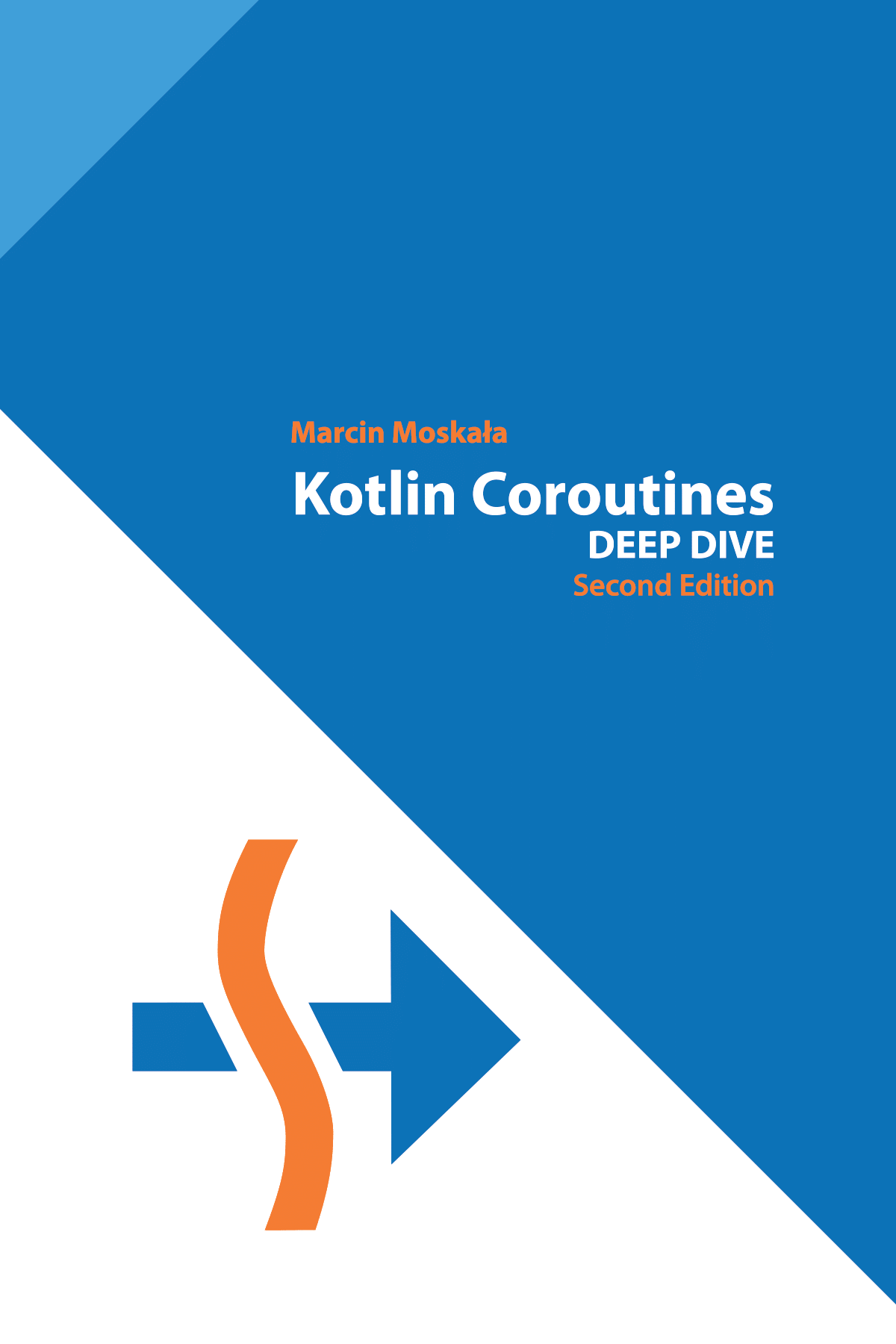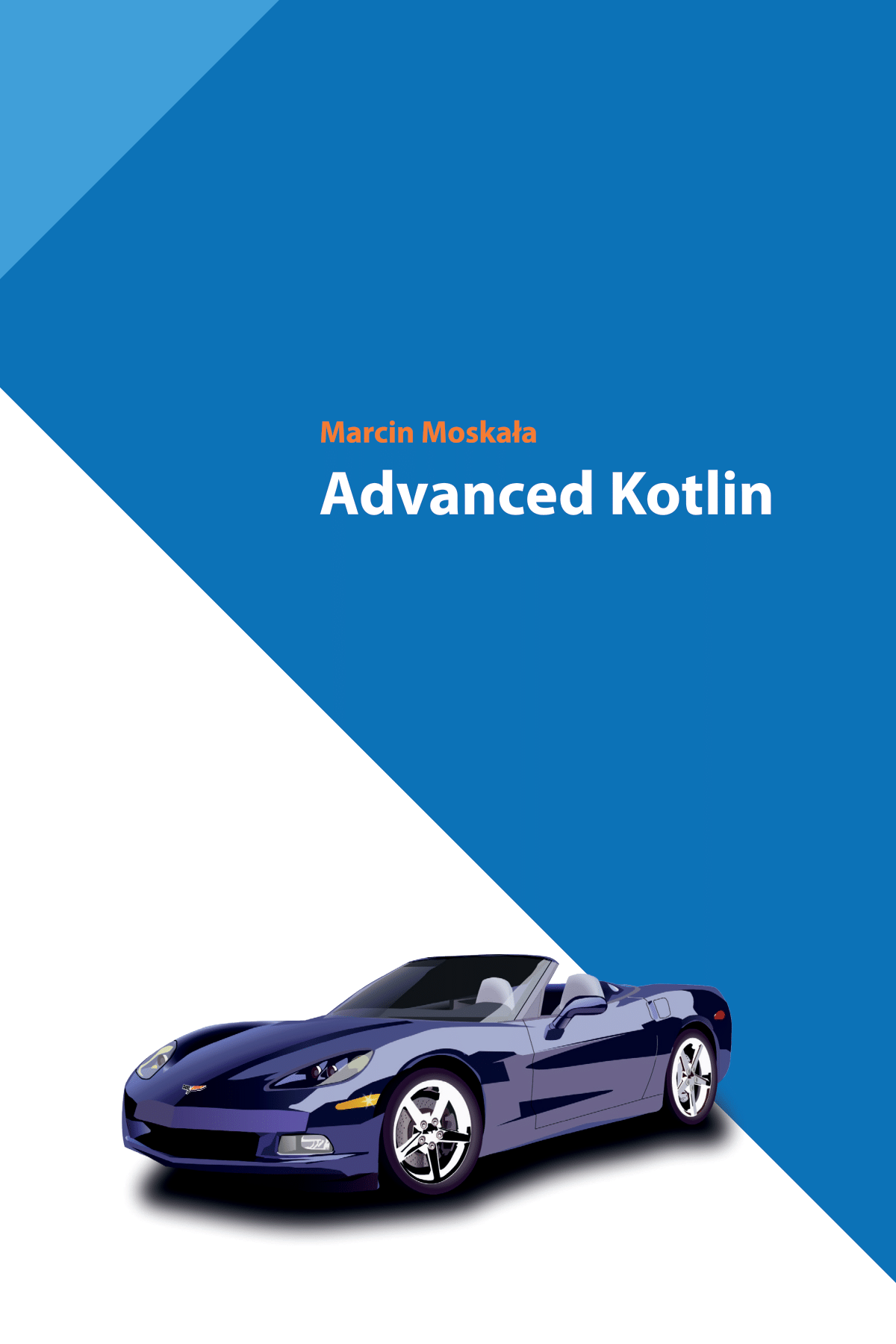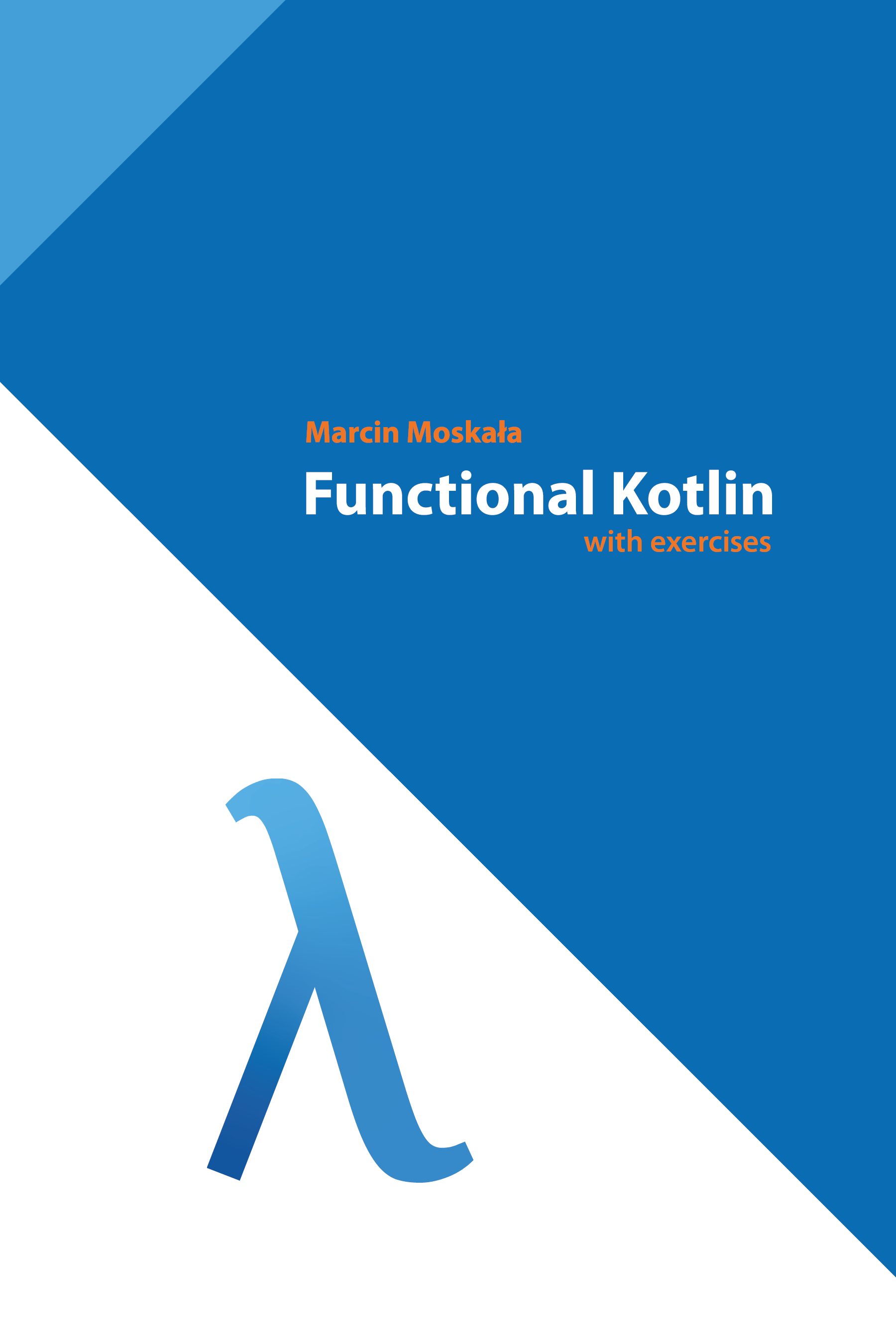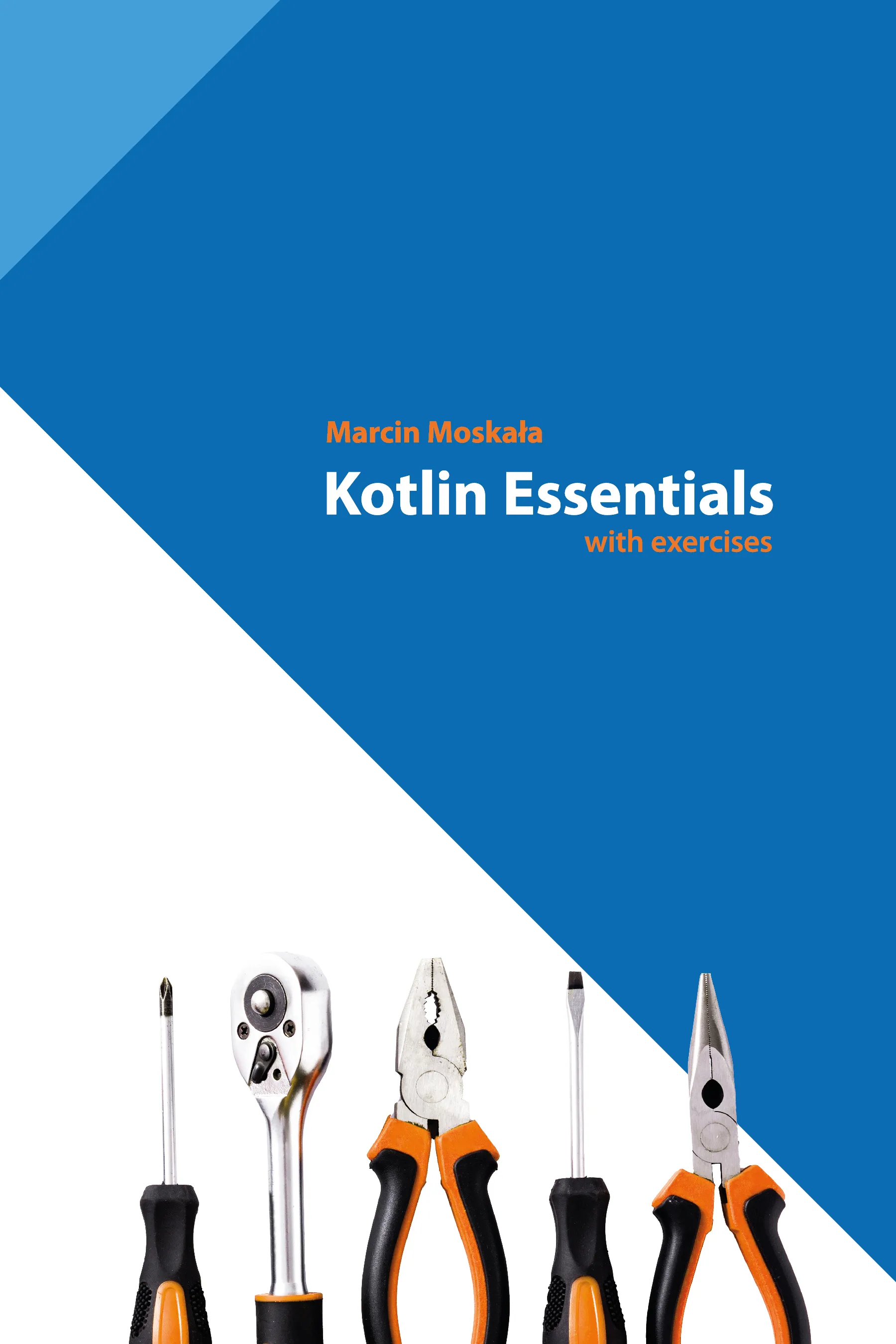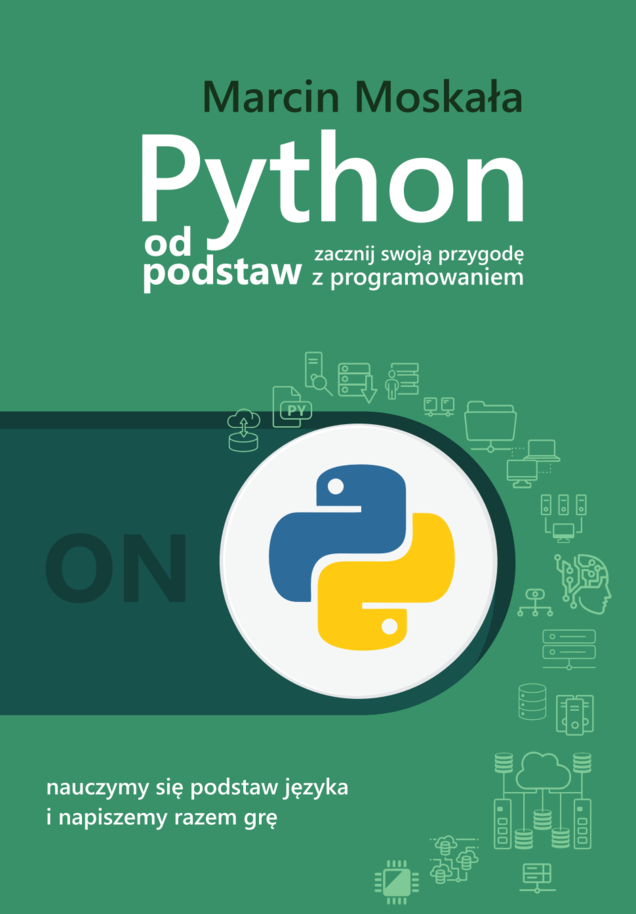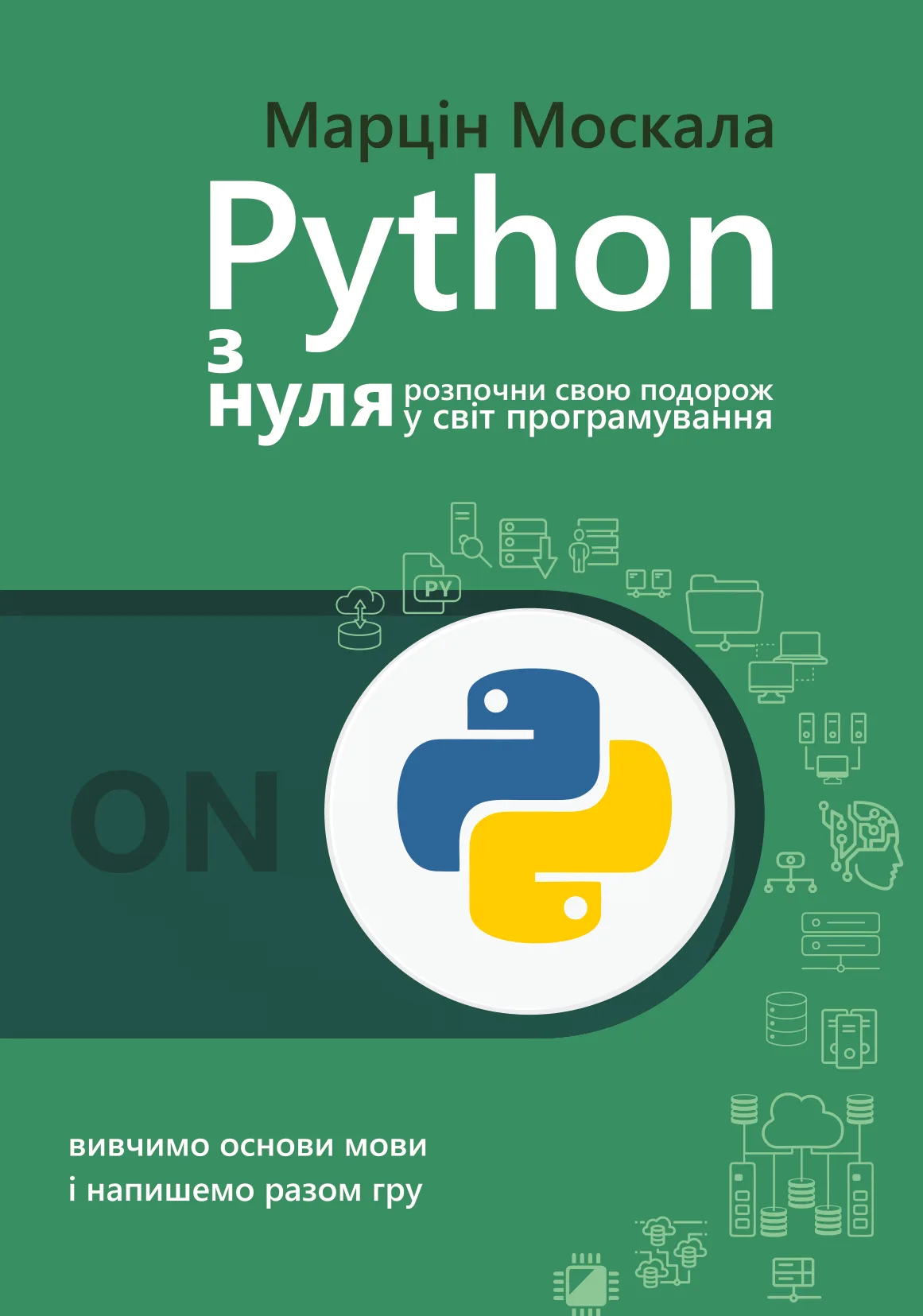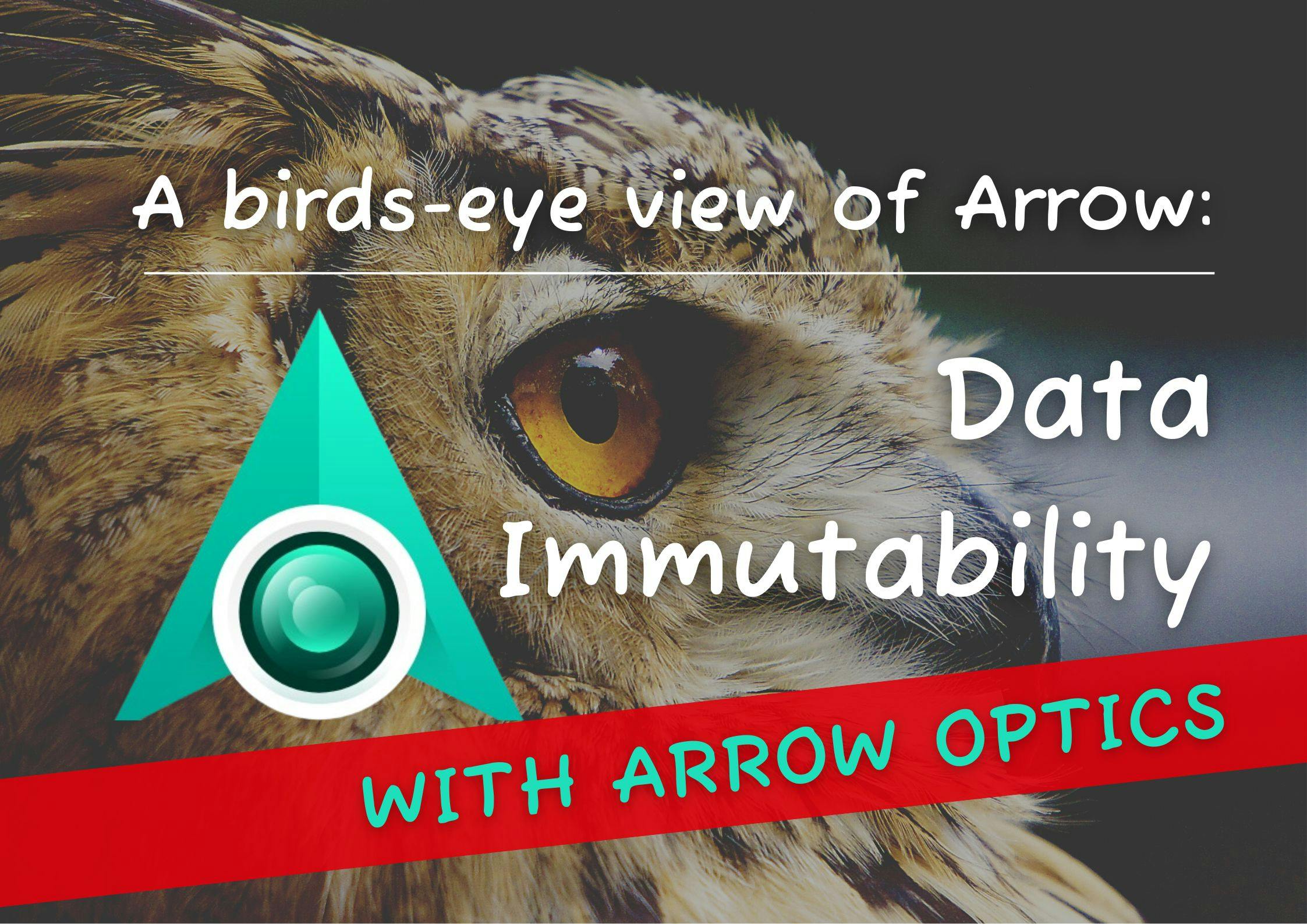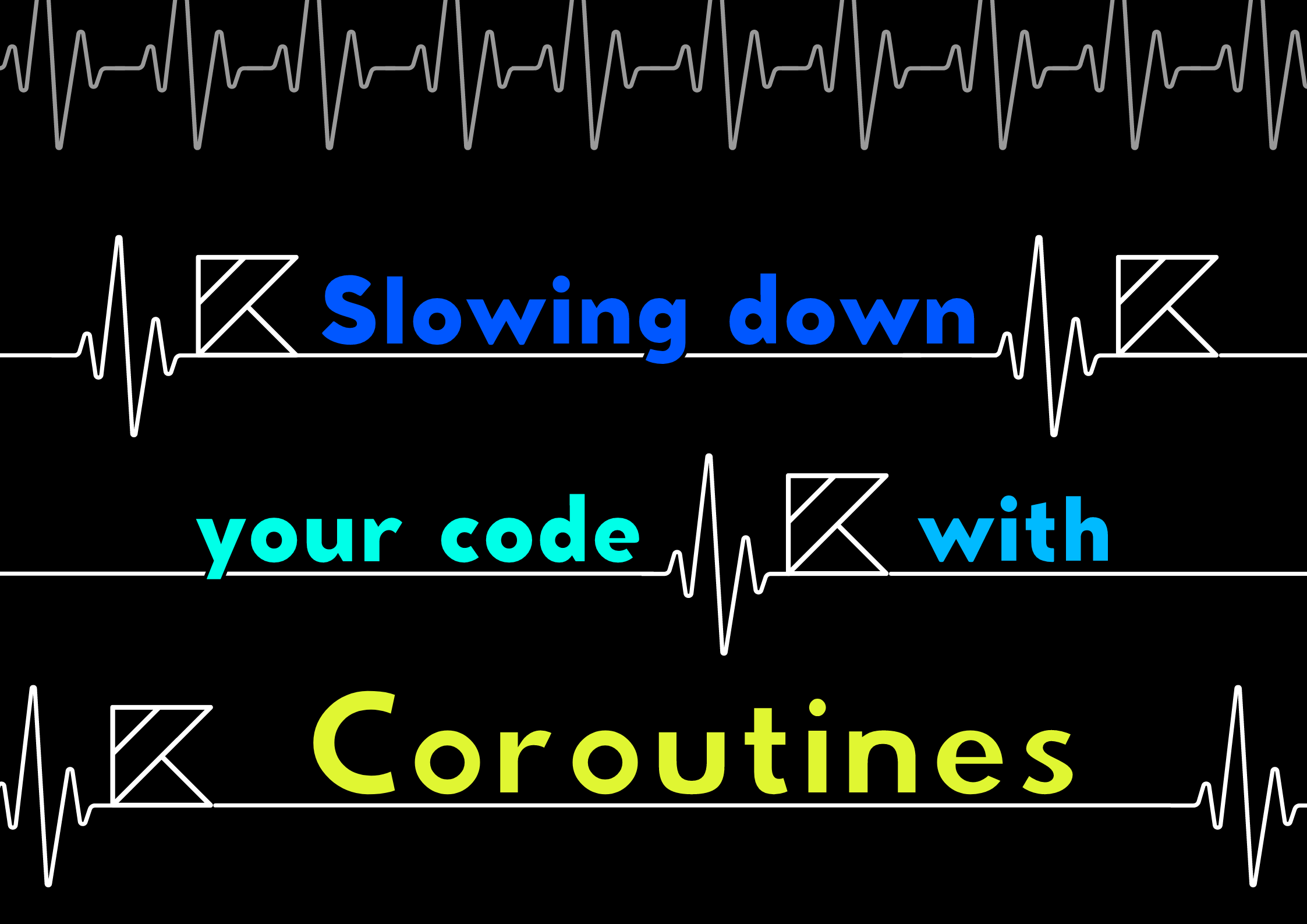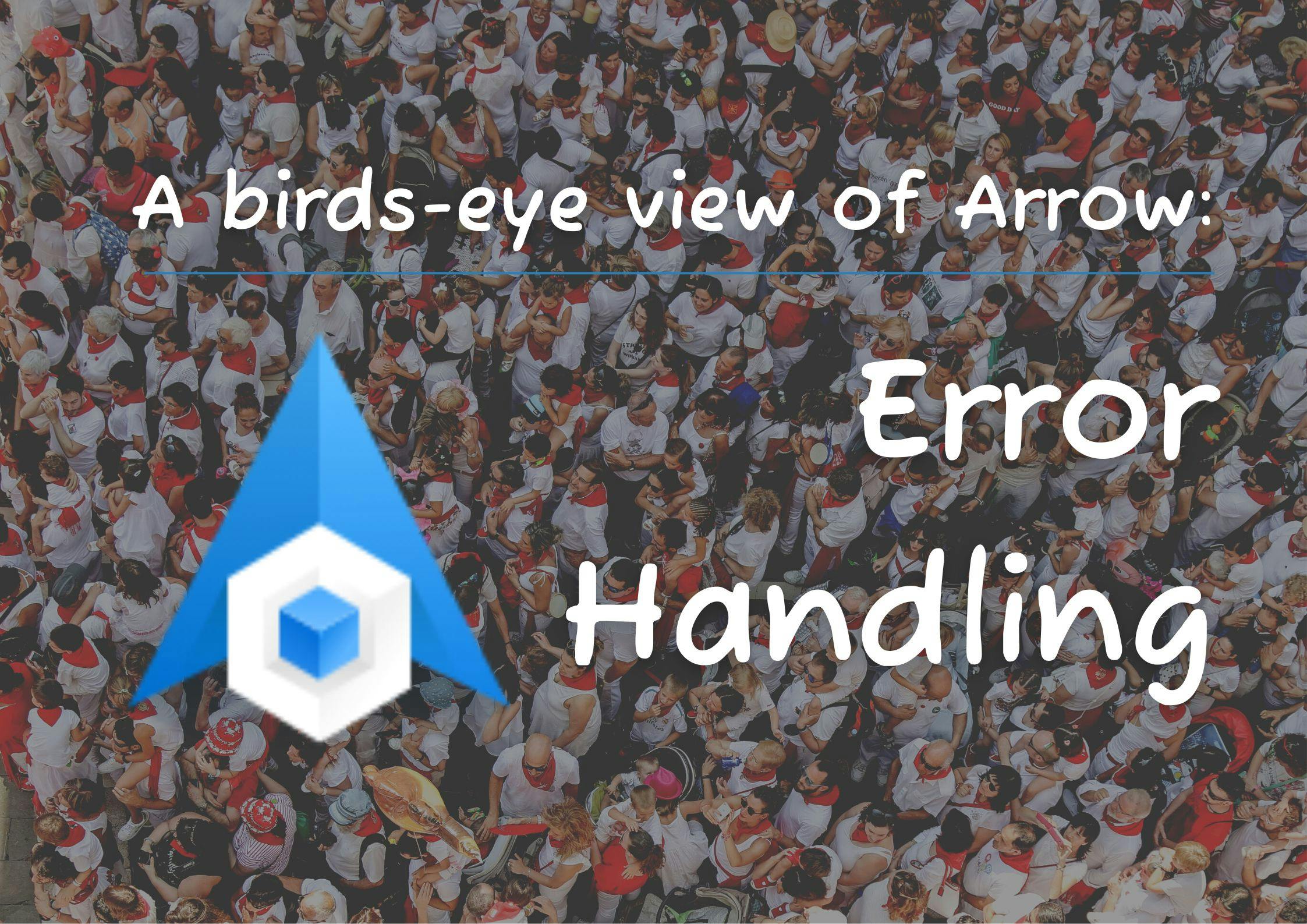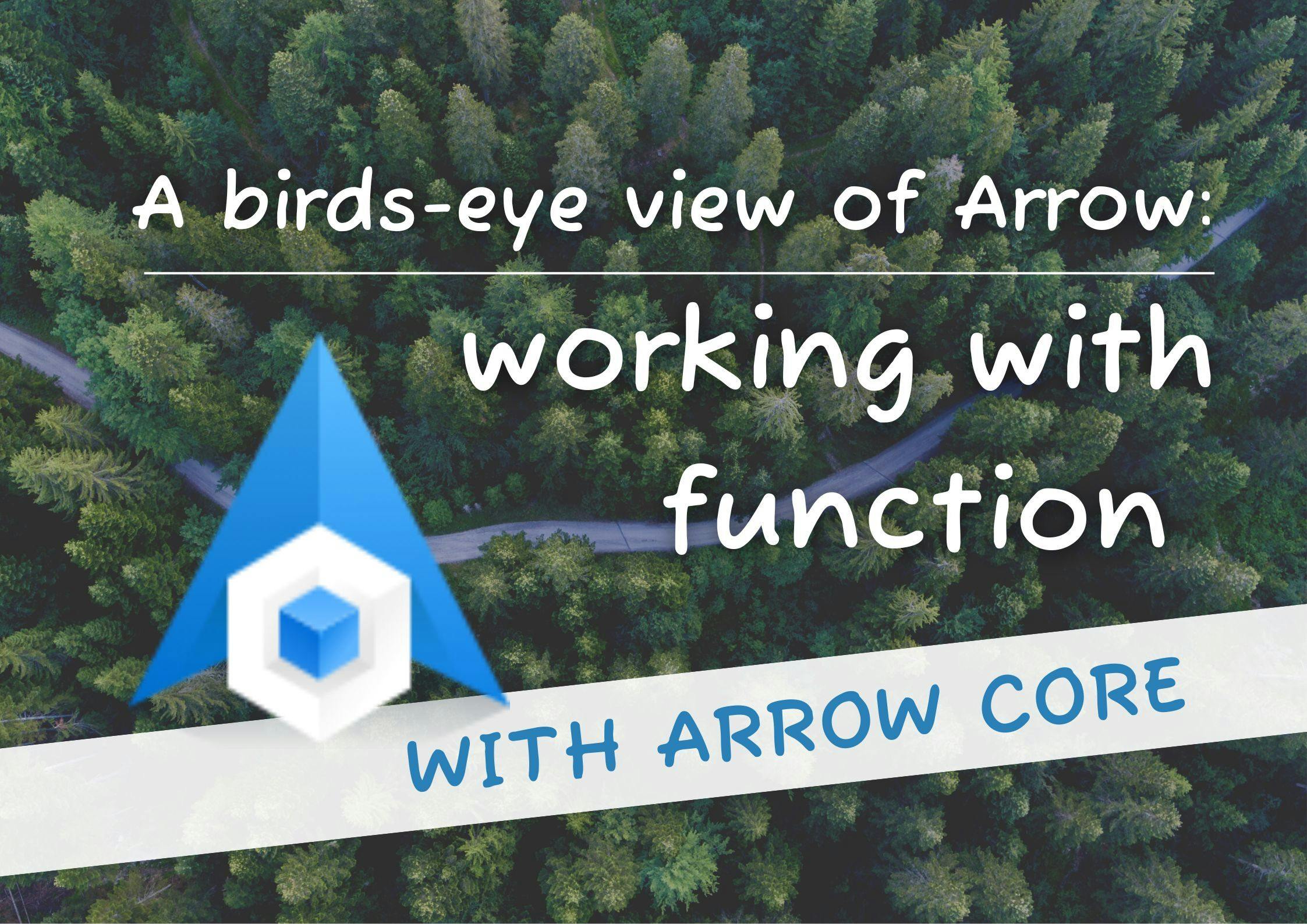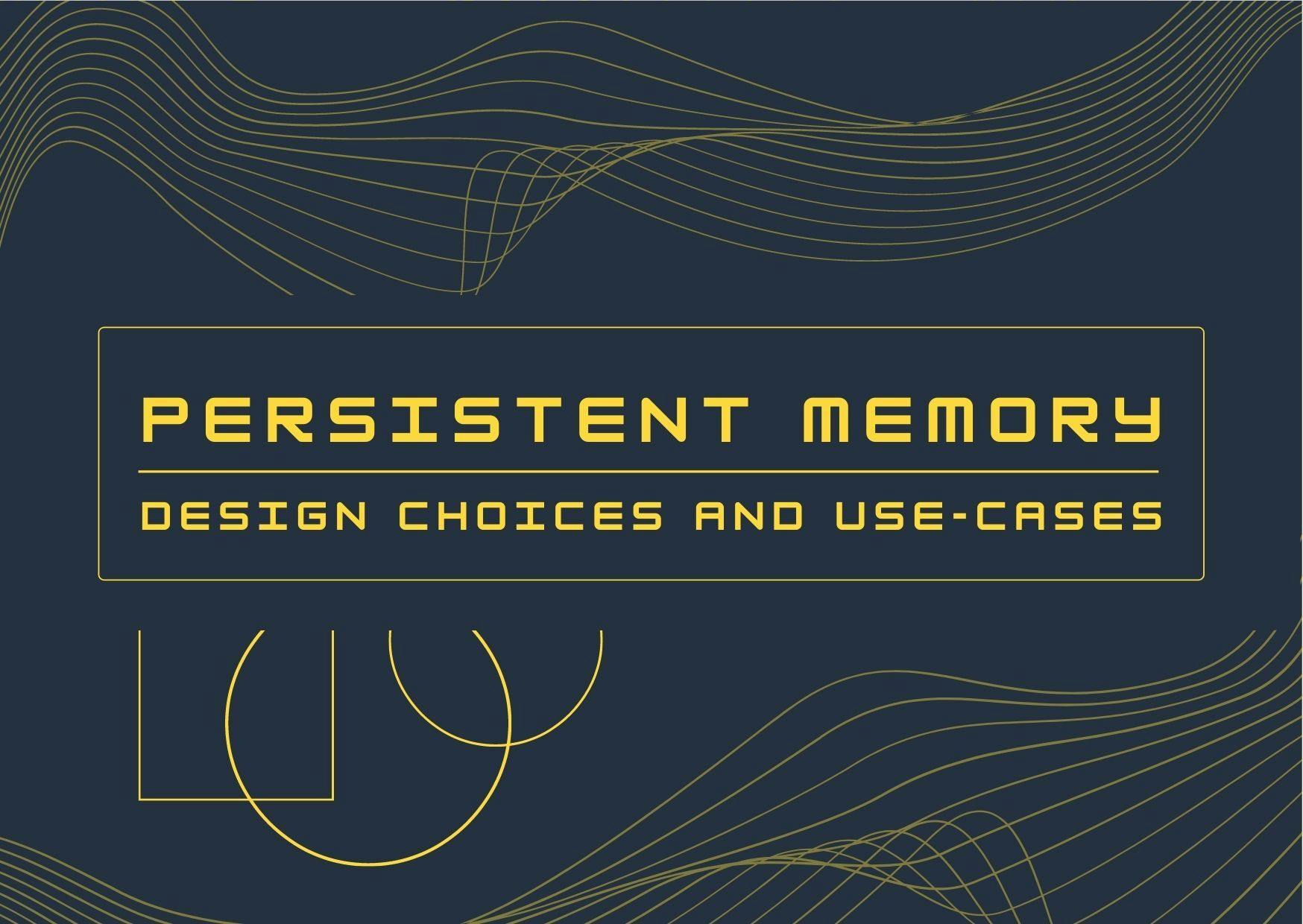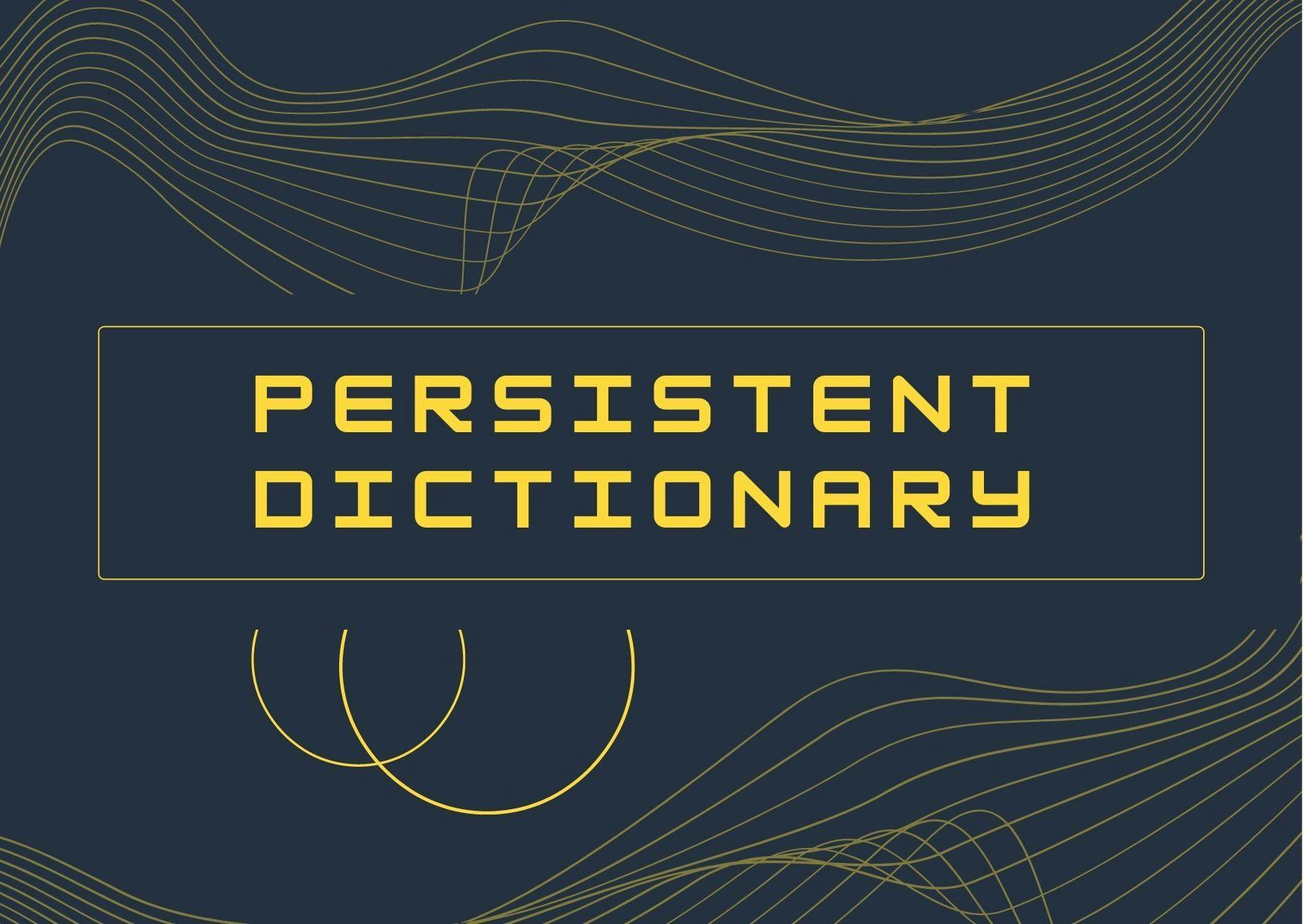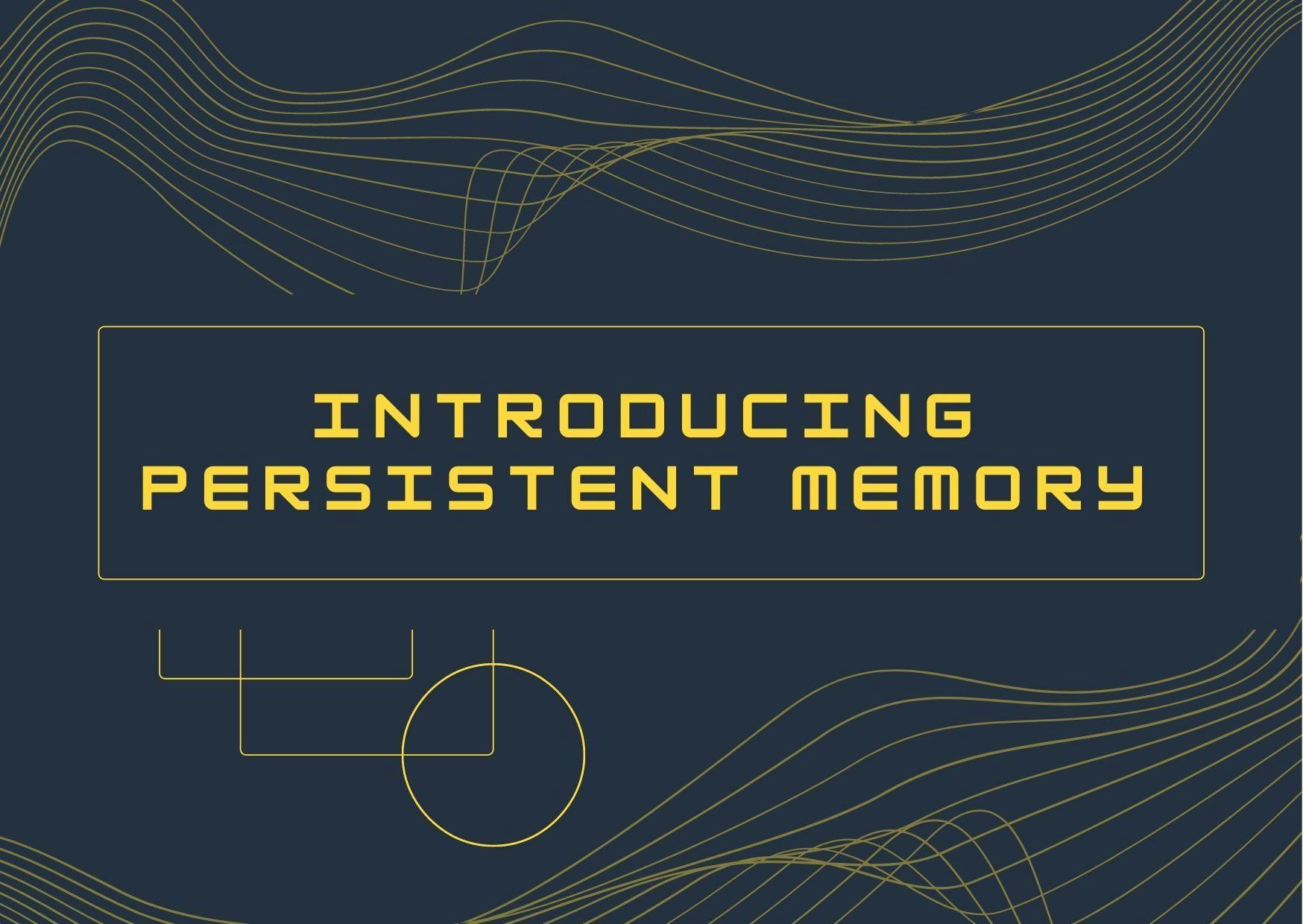Marcin Moskała
Corporate workshops
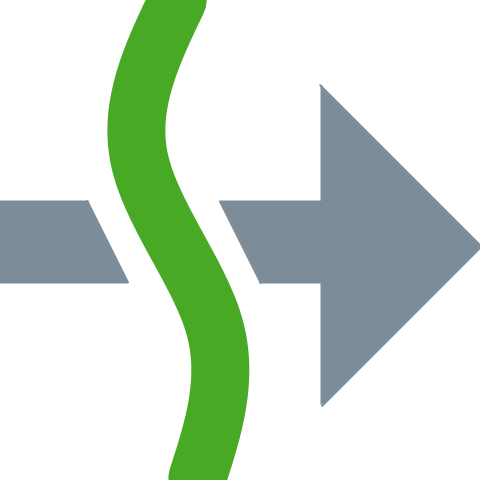
Kotlin Coroutines
Dive deep and learn how to effectively use Kotlin Coroutines.

Kotlin Coroutines Intensive
Learn essentials of Kotlin Coroutines in just 2 days.

Advanced Compose
Learn advanced aspects of Jetpack Compose.
Kotlin for Developers
Everything that a developer needs to know about Kotlin.
Published articles
Top Projects for Coroutines Mastery in 2025
Overview of the best projects for Coroutines Mastery course in 2025
You don't understand stability in Compose
Deep dive into how Compose handles stability and why it's crucial for developers.
In the world of AI, companies will need MORE developers, not fewer
Why the rise of AI means an increased demand for skilled developers.
The power of exercises: How to design them well
What are the main priorities when designing good exercises for a course or a book.
Minimal setup for Compose Desktop
How to setup Compose to use it on desktop, for providing UI for scripts or a simple project.
Suspending functions vs. Flow: When to use which?
A comprehensive guide to understanding the differences between suspending functions and Flow in Kotlin Coroutines, and when to use each.
How to implement a random coroutines challenge generator
A behind-the-scenes look at how to implement a generator of interesting challenges for learning Kotlin Coroutines.
Discussing Kotlin Coroutines on Talking Kotlin Podcast
An insightful discussion about Kotlin Coroutines on the Talking Kotlin podcast.
Coroutines vs Reactor: When Elegance and Simplicity Crush Complexity
A comparison of Kotlin Coroutines and Reactor, highlighting the elegance and simplicity of Coroutines over the complexity of Reactor.
Reviewed articles
Running Kotlin coroutines on Project Loom's virtual threads
How to use Project Loom to improve Coroutines performance.
A birds-eye view of Arrow: Data Immutability with Arrow Optics
Learn to use Arrow Optics to support working on immutable objects.
Slowing down your code with Coroutines
How can we use coroutines to slow down our code, and why would we want to do that.
A birds-eye view of Arrow: Error Handling
Learn about Error Handling in Arrow, end how to effectively work with Either.
A birds-eye view of Arrow: working with function with Arrow Core
Learn about essential Arrow functions used for composition, memoization, recursion and functions generation.
Persistent memory design choices and use-cases
Let's understand some design choices with persistent memory and use-cases of persistent memory.
Persistent dictionary
Let's make our in-memory dictionary persistent and understand some concepts of PMDK.
Introducing persistent memory
Let's learn the basics of persistent memory, its characteristics, how it works and the beauty of byte addressability.
In-memory dictionary
Let's begin our journey to understand persistent memory by building an in-memory dictionary.


